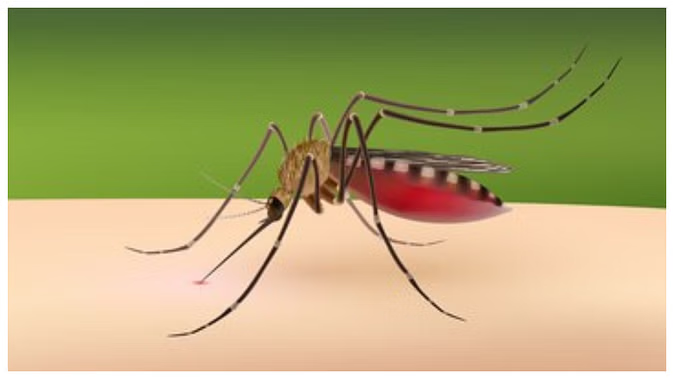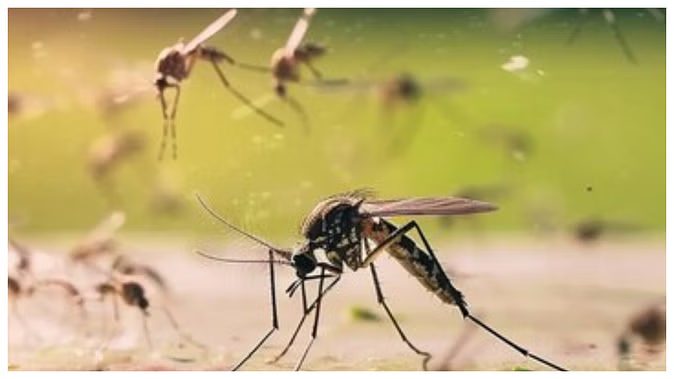World Mosquito Day is celebrated in the month of August. A discovery made in 1897 revealed that female mosquitoes spread disease in humans. It is one of the most deadly insects in the world, as their ability to spread diseases causes the death of millions of people every year. The risk of many types of mosquito-borne diseases increases in monsoon. Heavy rains, waterlogging, and flood conditions are most favorable for the breeding of mosquitoes, which can increase the risk of many diseases.

Let us know about three types of mosquitoes that spread deadly diseases. Also, know the symptoms and prevention of diseases caused by mosquitoes in this article.
Many mosquitoes spread different diseases. Three of the species of mosquitoes that spread diseases can be the most deadly. This includes the names of Aedes, Anopheles mosquito, and Culex mosquitoes.
Aedes
Aedes mosquitoes come out during the day. The effect of Aedes mosquitoes is seen in India. Chikungunya, dengue fever can be caused by Aedes mosquitoes. Apart from this, lymphatic filariasis, Rift Valley fever, yellow fever, and Zika virus are also likely to be caused by Aedes.
Anopheles mosquito
Anopheles mosquitoes come out at night. Their bite can cause diseases like malaria, and lymphatic filariasis. Many cases of malaria are reported in India every year. At the same time, cases of lymphatic filariasis fever are mostly heard in Africa.

Culex mosquito
Diseases like West Nile fever and Japanese encephalitis are spread by Culex mosquitoes.
Symptoms of Aedes mosquito bite
Aedes mosquito bite can cause dengue and chikungunya, the symptoms of which are somewhat similar. Aedes mosquito can cause high fever, pain in the lower part of the eyes, nausea and vomiting, joint pain and muscle cramps, skin rashes, pain and stiffness in the neck and back, as well as weakness and fatigue.
Symptoms of Anopheles mosquito bite
The Anopheles mosquito is found in sub-Saharan Africa and spreads a virus that can cause diseases like malaria. Symptoms of malaria include high fever, headache, and vomiting. Malaria can also be fatal. It causes shivering and chills. Malaria can cause fluid to accumulate in the lungs, making it difficult to breathe. In some cases, this disease can also damage the kidneys and liver. Malaria can be cured with medicines.
(PC: ISTOCK)










